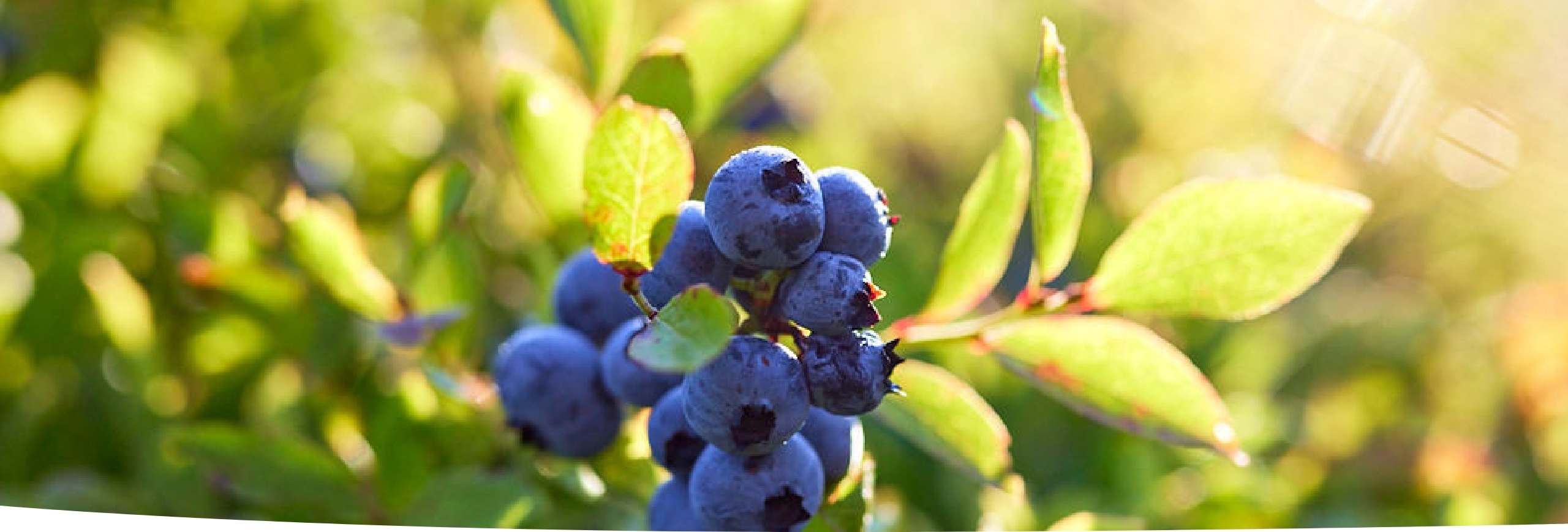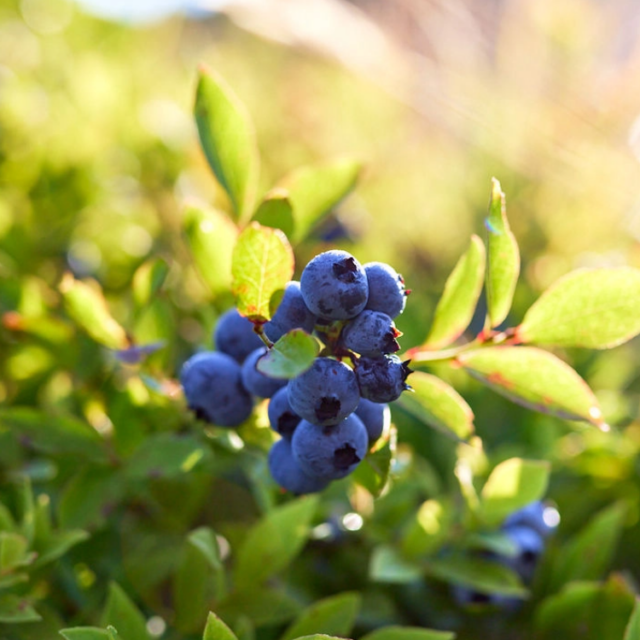Long-term Dietary Flavonoid Intake and Subjective Cognitive Decline in US Men and Women.
Objective
To prospectively examine the associations between long-term dietary flavonoids and subjective cognitive decline (SCD).
Methods
We followed 49,493 women from the Nurses’ Health Study (NHS) (1984–2006) and 27,842 men from the Health Professionals Follow-Up Study (HPFS) (1986–2002). Poisson regression was used to evaluate the associations between dietary flavonoids (flavonols, flavones, flavanones, flavan-3-ols, anthocyanins, polymeric flavonoids, and proanthocyanidins) and subsequent SCD. For the NHS, long-term average dietary intake was calculated from 7 repeated semiquantitative food frequency questionnaires (SFFQs), and SCD was assessed in 2012 and 2014. For the HPFS, average dietary intake was calculated from 5 repeated SFFQs, and SCD was assessed in 2008 and 2012.
Results
Higher intake of total flavonoids was associated with lower odds of SCD after adjustment for age, total energy intake, major nondietary factors, and specific dietary factors. In a comparison of the highest vs the lowest quintiles of total flavonoid intake, the pooled multivariable-adjusted odds ratio (OR) of 3-unit increments in SCD was 0.81 (95% confidence interval [CI] 0.76, 0.89). In the pooled results, the strongest associations were observed for flavones (OR 0.62 [95% CI 0.57, 0.68]), flavanones (0.64 [0.58, 0.68)]), and anthocyanins (0.76 [0.72, 0.84]) (p trend <0.001 for all groups). The dose-response curve was steepest for flavones, followed by anthocyanins. Many flavonoid-rich foods such as strawberries, oranges, grapefruits, citrus juices, apples/pears, celery, peppers, and bananas, were significantly associated with lower odds of SCD.
Conclusion
Our findings support a benefit of higher flavonoid intakes for maintaining cognitive function in US men and women.
Read full article
